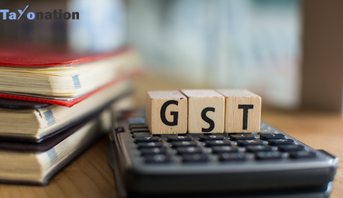
Introduction:
In a recent legal development, two petitions addressing a common issue have been subject to a collective decision. The petitions, filed by a private limited company providing manpower supply services, challenge penalty orders imposed under Section 122 of the GST Act.
Summary of the Case:
The petitioner company faced penalties totaling Rs. 56,00,952.72 for delayed payment of CGST and SGST, as alleged in a show-cause notice dated 27.05.2021. The order, passed during the Covid-19 pandemic, was ex-parte due to the petitioner's inability to respond. The petitioner appealed, emphasizing the pandemic's impact on timely payments. However, the Appellate Authority upheld the penalty, relying on Section 122(1)(iii) of the GST Act.
The petitioner argued that, according to Section 122(1)(iii), penalties should be limited to Rs. 10,000 or the equivalent of tax evaded. Additionally, they pointed to Sections 126, 127, and 128, emphasizing principles of fairness and proportionality in imposing penalties. The government's waiver of late fees, albeit not penalties, during the pandemic was presented as a precedent for reconsideration.
Judicial Considerations:
The court scrutinized the allegations against the petitioner and noted that the primary issue was delayed payment rather than tax evasion. Even if the delay was acknowledged, the maximum penalty under Section 122(1)(iii) should have been Rs. 10,000, as no tax evasion was proven. The court criticized the failure to consider the guidelines under Sections 126(2) and 128 of the Act, which emphasize proportionality, opportunity for hearing, and the government's discretion to waive penalties.
Resolution:
In light of these considerations, the court set aside the penalty orders and accepted the petitioner's offer to pay a reduced penalty of Rs. 10,000 in both cases. This resolution aimed at ending the litigation and ensuring a fair outcome.
Conclusion:
This legal development highlights the importance of proportionality and fairness in imposing penalties under the GST Act. It emphasizes the need for authorities to consider the circumstances, especially during extraordinary situations like the Covid-19 pandemic. The resolution, accepting a reduced penalty, demonstrates a balance between upholding the law and acknowledging the practical challenges faced by businesses.
Topic-Clear Secured Services Private Limited Versus Commissioner, State Tax GST, U.P. Commercial Tax, Lucknow
Court-ALLAHABAD HIGH COURT
Team Taxonation
Comment: